I finally heard from my manager on Thursday. Four script readers provided critiquing (called “coverage”) of The Crusading Chemist and explained how it needs to be revised before they can represent it. I confirmed the contract, which states that they will receive a 15% commission of the sales price if they find a buyer for the screenplay.
What I loved about their analysis is that they were completely objective – they had no idea who I was (at least one of them thought I was a man…haha…) and had never heard of the story before. While they each had unique opinions, they all agreed that the script needs to be shortened – with less of the long biographical beginning and more focus on the heart of the story – and that the characters’ emotions and personalities need some more depth. Here are excerpts from their comments (I didn’t get to edit some of the typos):
“A major issue throughout was lack of conflict. I believe the writer possess a strong and professional ability, which is obvious within format and dialogue, however the story truly suffers throughout due to lack of conflict.
Additionally there is little to no romance involved. A female interest isn’t even introduced until page 42. Even when the characters become close, there is no development of their relationship…”“Extremely well written dialogue. It is a very difficult thing to write a period piece and make the dialogue believable. I thought the writer achieved this feat remarkably. It was very intelligent and complex.
There is a particular character in the very beginning that I really enjoyed. DR. JOHN W. SCOTT speaks with a very philosophical and humors tone that I really enjoyed. At times however I do believe because of the very intellectual speech there were many times that I believed the dialogue to be drawn out and unnecessary. ““The script suffers from far too many scenes where characters talk about the problem of additives and unpure [sic] drugs but beyond the talk, little action takes place.”
“This story is non-fiction, so I’m assuming, if the writer has done his research, which it seems that he has, most of if not all of the characters appear to be real people. My thinking therefore is that the writer was to concerned with detailing an accurate depiction of HARVEY’s life, including every single person that he ever came into contact with, and not enough time on focusing on the characters that truly mattered. “
“I believe the writer possess extremely talented abilities overall. The script was very professional few to no format or grammatical errors, and it is clear that the writer has an informative understanding of the story.”
“I will however reiterate the need for conflict and establishing character relationships. I want to see more emotion in this story. Where’s the love, friendship, anger, etc? As it stands right now, most of the characters a very bland and uninteresting. Again I believe a lot of this has to do with the writer staying a true to actual events and characters as told in real life. However sometimes for the sake of film we must embellish on reality. In some way the heart of this story needs to be brought out, and it just can’t be through exposition and plot alone.”
“The writer sets up scenes for good conflict, yet lets these situations go without any dramatic climax. The main character could be much more pro-active, could have more reactions toward his obstacles that would reveal more about his character. There aren’t a lot of revealing moments for him. Some moments of dialogue stand out as unique and insightful. On page 17, Louis Agassiz has an interesting shpeal about Harvard. The script would benefit from more of these moments in which the audience feels intrigued by these quirky professors.”
“The story gets rolling far too late in the script. The juiciest part of the script, in which Harvey wishes to pass this bill, but can’t, and then subsequently reaps no benefits of his labor after it is passed, comes much too late in the story. Adding more conflict to his earlier goals (getting permission from his father to go to school, learning under the professor of his choice) will also keep the audience’s attention…”
“The author has obviously spend hours researching the period in which the story takes place as well as all the chemical reasons and legal ramifications that are explained in the story.”
“Harvey Wiley played an important part in United States history and this script is a window to allow people today to look at his contribution to food and drugs. Overall, the window is too wide, however, to sustain interest or allow an audience to feel that they are inside the man and can relate to his struggles.”
“I loved the scene where the performer is singing while we see Wiley’s experiment is being set up. More devices like this should be used. Also, the dialogue is not distinct enough, between characters. Vivian Mallory is a prime example of a character in this script that is fully visualized. I get the sense that she is a stereotypical social butterfly and a bit flighty. That’s awesome. Unfortunately, the other characters come across a bit bland.”
“As well written as this was, a major issue was with establishing seemingly influential and major characters and then never hearing from them ever again. This became more and more frustrating as it continues to happen throughout the entire story. There are many great characters that are introduced that I wanted to see more of. I lost count of how many characters were introduced on one page and by the next their existence it was ancient history. “
“The script could be improved if, instead of beginning to describe his life from his college years onward, the time span was focused only on those years where the maximum controversy over the act occurred. That would also limit the number of characters and dialogue.”
“Scenes that work well: The scene where Dr. Wiley resigns after being accused of writing a bicycle, the scenes when Wiley is with Anna; these give a peek that the “inner” man is not all scientist. “
“I liked the concept of “The Crusading Chemist” alot. It tells a part of US history that is not well known and should be. Bio pics are hard to do because the right balance must be struck between getting everything in there and not having the script lull or drag on in places.”
“This script is ambitious in its scope and, while that is admirable, it’s causing too much to be going on and the writer has relied too much on dialogue to get the story across. As, I have mentioned, there were some shining points, but the script needs to be focused and cut down. After it is revised, I think this script could be a much needed spot light on a part of our history that has remained the dark for too long.”
I appreciate their candid critiquing and am developing some ideas for a revision. I’m looking forward to working with them on it. One thing I found interesting is that one of the readers said that Vivian Mallory was the best example of a fully visualized character…and to think that Vivian is a completely fictional character out of my imagination! That illustrates an interesting point to me: if I happened to be writing a completely fictional, imaginative story of my own, it would probably satisfy them because I would take full control over the characters and really make them my own. But since this is a history, I’ve been a bit hesitant about that. They seemed to agree that my primary weakness is attempting to be too detailed and accurate.
The reason why I wasn’t able to get very romantic is a two fold challenge: first of all, there was a point in the story in which Harvey and Anna barely saw each other for 10 years and secondly, their personal correspondence is hidden away in the depths of the Library of Congress which I have not yet been able to access. Hmm…there is only so much I can comfortably imagine, especially when I consider that their real life historical romance was probably far better than I can fictionalize.
Well, do you agree with their comments? You are welcome to read the first edition of the script yourself and share some comments!
~Amanda~

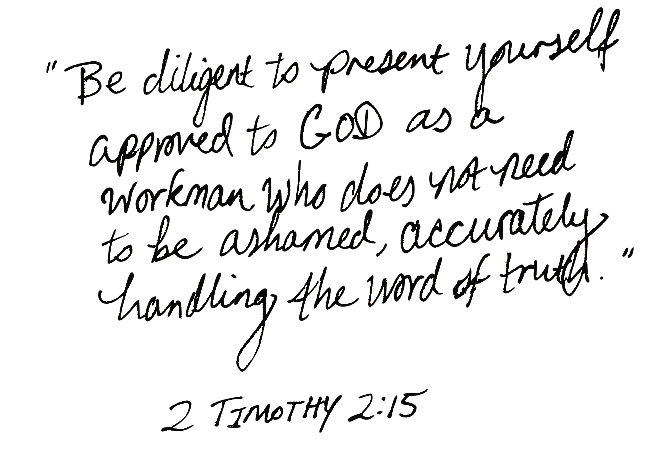


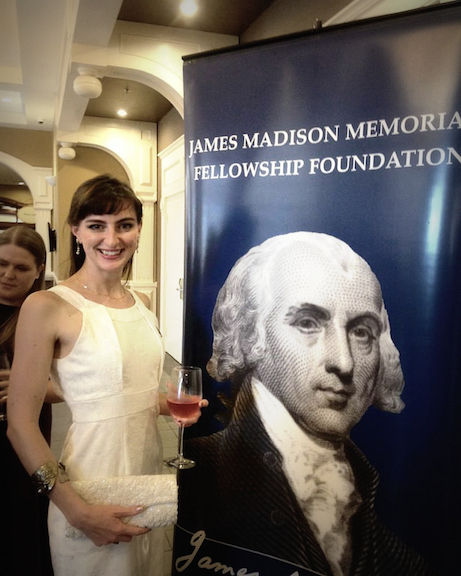



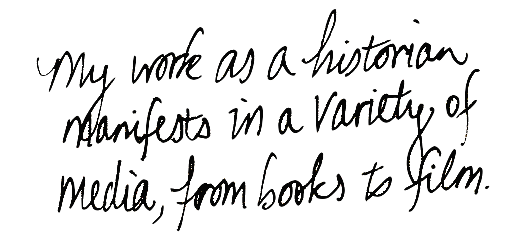

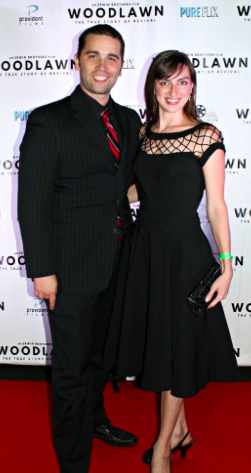




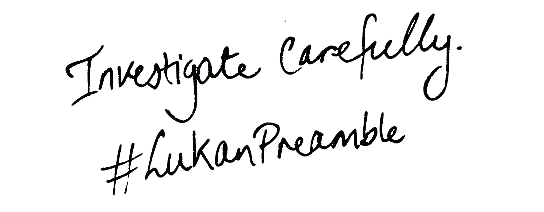
That sounds so exciting! I wasn’t able to read the whole script, but what I read was great. I’ll be sure to come back and finish it later.
Congratulations, Amanda! That is so exciting. I do hope you will keep us posted on everything.
Hey Amanda! Congratulations on getting your script so far! I hope everything continues to go well with it.
Don’t forget to wish Ashley (PinkFlamingo) a happy birthday tomorrow, either on your blog or in a comment!
Thanks!
~Briana
Wow, that is really neat that you are striving to have that screenplay sold. I want to be a director so bad! I would buy your script in a heartbeat, but alas, I am not even 16! that does stunt it a bit…
God Bless!
onedaymore
Great! Thank you very much!
I always wanted to write in my site something like that. Can I take part of your post to my blog?
Of course, I will add backlink?
Sincerely, Timur I.
Thanks. Very nice post. Your web site is very beautiful.
http://antonrodgers129.modwedding.com/diary
niklowanie z polyskiem